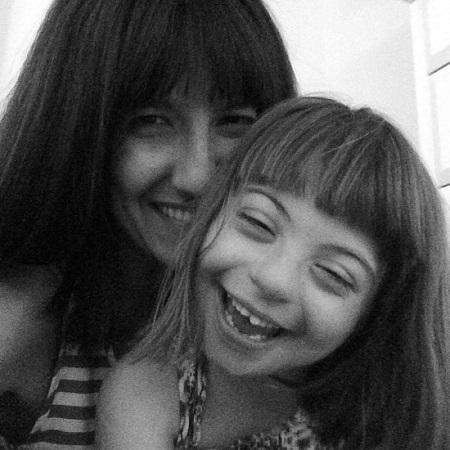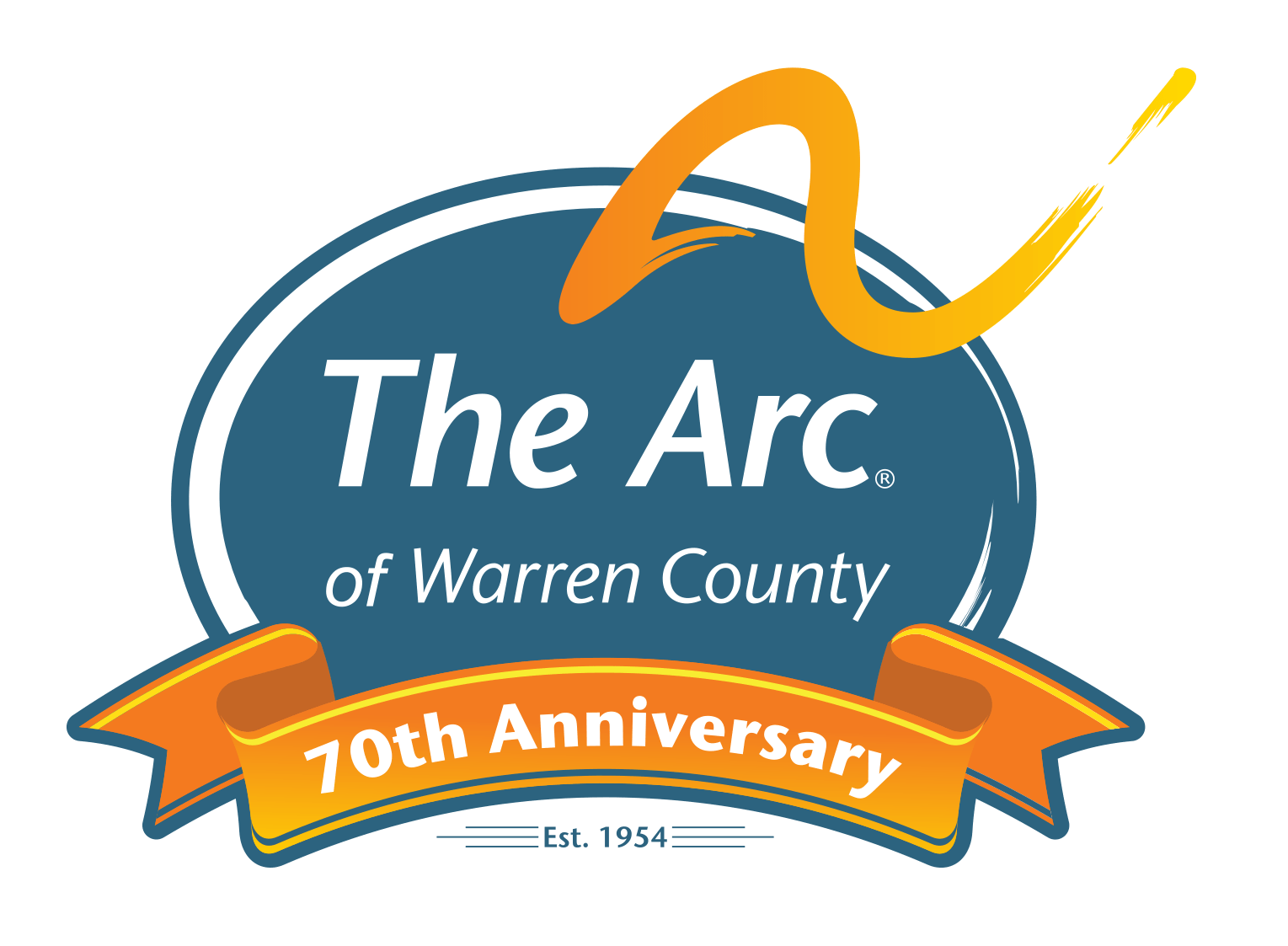This article was originally published on October 18, 2015 in Darlingmagazine.org by Heather Avis.

This morning I sat at my dining room table sipping my coffee, watching my seven-year-old daughter eat oatmeal. I smiled when she looked at me, almond shaped eyes behind perfectly round glasses. She smiled back and then took another giant bite, sweet drips of cinnamon and sugar milk on her chin.
She’s the eldest of three and mornings here can be crazy. Yet, I find myself day after day taking the time to sit and watch her and marvel at the simple gift of sweet cinnamon oatmeal.
She taught me how to do that. How to stop. How to slow down. How to enjoy something as simple as oatmeal for breakfast.
My daughter has Down syndrome.
She entered our lives seven years ago and it was as though she brought with her a magic spotlight, focusing our attention on the things in life that really mattered. The things we had never taken the time to notice before. The things we had been inclined to ignore or even allowed to irritate us.
It’s October, which means it is Down syndrome awareness month.
Before my daughter entered my life, October was simply October. Sure, I would get excited about the cooler weather, changing leaves, and pots of butternut squash soup simmering on my stove, but the month had always been just another month.
…she brought with her a magic spotlight, focusing our attention on the things in life that really mattered.
But, as it has been with all things in life, when my daughter with Down syndrome graced us with her awesomeness, October became so much more, just like oatmeal for breakfast became so much more.
As I enter into Down syndrome awareness month, I spend a lot of time thinking about what it is that I want people to know about my daughter and others like her. As I watch her in the mornings, eating her oatmeal, I dream of a day when the whole world sees her like I do.
Over the past seven years, as she’s shined a light on the life I would have missed out on if not for her, I have quickly learned most people are not prone to see all she has to offer .
When we go to the park or start a new school year, more often than not I am heartbroken at the reaction others have towards my daughter. It is not uncommon for parents to hush their inquiring child or avoid eye contact as they grab their child’s hand and pull them in the opposite direction. When we step onto our school campus, my daughter is placed in a class, segregated from her typical peers and only fully included when I put on my boxing gloves and am forced to fight.
This month, as we raise awareness and celebrate Down syndrome, it is important to remember people with Down syndrome are still fighting to be included, respected, and viewed as worthy.
So, when October rolls around, I take full advantage and step onto an extra tall soapbox, informing anyone who will listen about how awareness is good, but it’s not enough. How, if the changes my daughter and all people with Down syndrome need are going to happen, then we need people everywhere to see people with Down syndrome the way I do.
And friends, that can only happen when people are in relationship with someone who has Down syndrome. Once we are in relationship with someone, their story becomes our story. This makes us care a whole lot more, and this leads to change.
Once we are in relationship with someone, their story becomes our story. This makes us care a whole lot more, and this leads to change.
Here are four simple ideas to help you create the changes needed for my daughter, and all people with Down syndrome, to be viewed with the respect and dignity they deserve:
1. Be intentional.
Chances are there is a person with Down syndrome at your child’s school or in your neighborhood or at your church. Go out of your way to introduce yourself. If you have children, talk to them about Down syndrome and encourage them to befriend the child with Down syndrome who is at their school.
2. Be a learner.
You may know absolutely nothing about what it means to have Down syndrome. That’s perfectly fine. Now, ask. Ask the people who do know. If you approach the subject with kindness and humility, those of us who have a loved one with Down syndrome will be more than happy to answer.
3. Be gracious.
Children with Down syndrome may not talk as clearly as you are comfortable with, or may behave in a way you are not used to. Like all children, they are doing the best they can and learning everyday how to fit into the mold society has created for them. Remind yourself and your kids that everyone is different and it is our differences that make the world so awesome.
4. Be proactive.
Share what you are learning with those in your sphere of influence. Encourage them to be intentional about getting into relationship with a person who has Down syndrome. If you own a business, hire someone with Down syndrome. If you have kids in school, inquire as to why there are not people with Down syndrome in your child’s class and then make it known you’d like to see that change.
Had it not been for my daughter, I would have been missing out on the joy and beauty there is to be found in something as simple as oatmeal. Every morning, as I sit down at the table, my hands cupping my steaming coffee mug and I look at my daughter, I am overwhelmed with gratitude that she is in my life, showing me what really matters. She has taught me that there is a whole beautiful world available to us when we allow people with Down syndrome to shine their light and reveal it’s splendor.
Image provided by Heather Avis.
